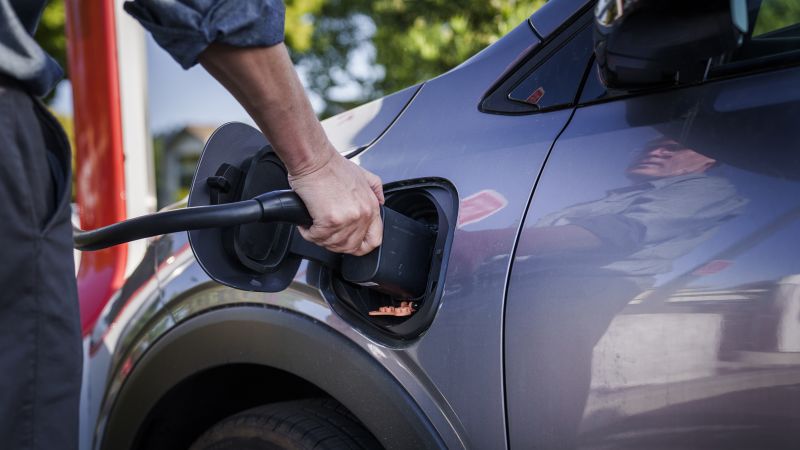Electric vehicles have 79% more problems than other vehicles, according to Consumer Reports’ latest annual auto reliability survey. But the problem isn’t really because they’re electric, said Jake Fisher, director of the group’s auto testing center.
The problems arise because electric cars are mostly new models, and recently-introduced car models generally tend to have more issues, regardless of what propels them. Car companies haven’t had years to work out all the kinks as they have the models they’ve been producing for years.
Besides that, electric vehicles tend to be higher priced models with more sophisticated technology features, from additional safety sensors to more gadgets and doo-dads. All those fancy features present more opportunities for stuff to go wrong.
“If you look at EVs, they tend to be very loaded with new technology, all the latest gizmos and screens,” said Fisher.
EV owners report problems with batteries and charging, as well, but that’s still largely the result of the newness of these vehicles, too, said Fisher. It’s not that the technology is inherently problematic.
“If all the manufacturers had been building electric cars for 100 years, and then suddenly one of them decided to build an internal combustion engine with a transmission, it’d be riddled with problems,” said Fisher.
Consumer Reports surveys its subscribers annually about their experiences with their 330,000 individual vehicles. The final results are calculated based on the combined data from the three most recent years. For models that are very new, past reliability data for the manufacturer, overall, can be used to supplement data for the new model.
Electric pickup trucks, in particular, tended to fare the worst in Consumer Reports’ reliability survey. That’s because they exist at the intersection of two particularly unreliable vehicle types, EVs and pickups.
Not all electric vehicles are so unreliable, though, according to Consumer Reports’ survey data. The Tesla Model 3 and Model Y, as well as the Ford Mustang Mach-E, for instance, have average expected reliability. The Nissan Ariya and Hyundai Ioniq 6 have better-than-average expected reliability.
The least reliable models, on average, were plug-in hybrids, according to the survey. The reason for that, according to Consumer Reports, is that, with gas engines, electric motors and charging systems, they’re vulnerable to all the things that can go wrong in either a gas or electric vehicle.
Hybrids that don’t plug in, on the other hand, were the most reliable vehicles of all, Consumer Reports said. That’s largely thanks to the companies that make them
“One of the reasons why hybrids are very reliable is they tend to come from reliable automakers such as Toyota, for sure, and Honda, Hyundai, Kia,” said Fisher.
Read the full article here







